Diccionario Del Profeta – (Spanish)
$25.00
Experimente el poder y el misterio de la profecia espiritual. Desde los primeros tiempos, Dios se ha acercado a la humanidad por medio de sus profetas escogidos. Muchos hombres y mujeres dotados y piadosos siguen recibiendo perspectiva de parte de El en la actualidad. Desgraciadamente, pocos recursos de formacion han estado disponibles para aquellos llamados a este ministerio vital; hasta ahora.
La Dra. Paula A. Price ha utilizado sus dos decadas de experiencia para producir El Diccionario del Profeta. Lleno de sus propios consejos y tesoros extraidos de su estudio y experiencia personal, este recurso unico le ayudara a dominar el lenguaje y el simbolismo para ayudarle a traducir el significado de visiones, sueos y mensajes de Dios. !El Diccionario del Profeta es el libro que no deberia faltarle a ningun profeta o iglesia!
in stock within 3-5 days of online purchase
SKU (ISBN): 9781603742870
UPC: 630809742872
Language: Spanish
Paula Price
Binding: Trade Paper
Published: July 2011
Publisher: Whitaker House Publishers
Related products
-
Attributes Of God Volume 2 With Study Guide
$15.99The Attributes of God Volume 2: Deeper Into the Father’s Heart,” speaks to God’s Self-Existence, Transcendence, Eternalness, Omnipotence, Immutability, Omniscience, Wisdom, Sovereignty, Faithfulness, and Love. A.W. Tozer writes urgently in his introduction to this second volume of The Attributes of God. “Nothing less than this will save us.”
Originally preached as sermons to the Avenue Road congregation in Toronto, this study of ten more attributes of God restores our knowledge of who God is.A study guide has been added for an in depth look at each attribute.”
Add to cart1 in stock
-
Persian Problem
$17.98The methods of modern scholarship have undermined biblical historicity and the original intent of biblical writers. The Persian Problem highlights one of these key controversial areas.
A dilemma confronts all who would identify the Persian kings in Scripture and then synchronize them chronologically. This aspect of the “Persian Problem” has three parts.
First, the identity of the “Artaxerxes” mentioned in Ezra 6-7 and in Nehemiah. Persian history gives us little help because the Greeks and Muslims destroyed nearly all their records. In attempting to identify this king, scholars have forced the ages of Ezra, Nehemiah, and Mordecai to be much older. They “solved” this issue by subsequently “inventing” a second Ezra, Nehemiah, and Mordecai. However, this created a greater difficulty!
Most historians agree that Xerxes ascended the throne in 486 BC and that his son Artaxerxes I, or Longimanus, succeeded him, dying in 424 BC. However, with regard to biblical usage, the first year Longimanus was associated on the throne has not been correctly fixed! This shocking fact is the second part. Indeed, this date is a major key to Bible chronology!
Finally, there has been a failure to carefully compare the list of 31 priests and Levites returning with Zerubbabel (536 BC: Cyrus’ 1st year) in Nehemiah 12:1-9 with the 10:1-10 list. This oversight leads to a 91-year gap between the two rolls, creating a far greater age problem involving many more people than the Ezra, Nehemiah, and Mordecai issue! Moreover, the entire “Persian Problem” is convoluted. As the kings from Darius the Mede to Artaxerxes I are examined, an overview of neo-Babylonian history becomes necessary-and new problems surface.
While honoring all relevant Scripture, the work contained herein resolves all the above issues.
Add to cartin stock within 3-5 days of online purchase
-
Can We Trust The Gospels
$14.99The Gospels-Matthew, Mark, Luke, and John-tell the story of the life and teachings of Jesus Christ while he was on earth. But how do Christians know if they are true? What evidence is there that the events actually happened? This accessible introduction to the historical and theological reliability of the four Gospels, written by apologist and scholar Peter J. Williams, presents evidence from a variety of non-Christian sources, assesses how accurately the 4 accounts reflect the cultural context of their time, compares different accounts of crucial events, and considers how these texts were handed down throughout the centuries. Written for the skeptic, the scholar, and everyone in between, this book answers common objections raised against the historicity of the Gospels in order to foster trust in God’s Word.
Add to cart1 in stock (additional units can be purchased)

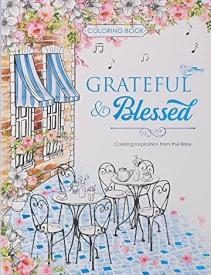 Grateful And Blessed Coloring Book
Grateful And Blessed Coloring Book
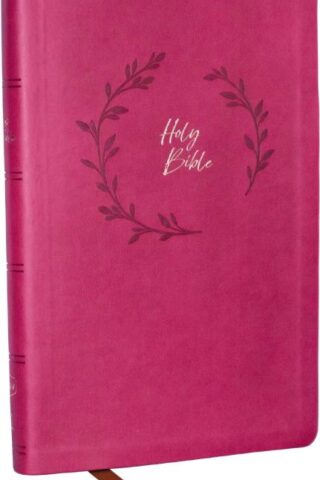 Value Ultra Thinline Bible Comfort Print
Value Ultra Thinline Bible Comfort Print
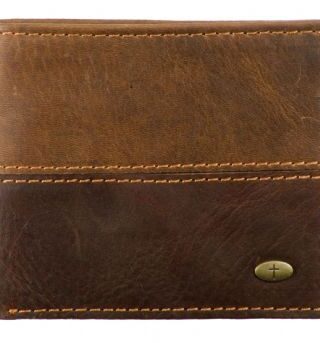 2 Tone Cross Genuine Leather
2 Tone Cross Genuine Leather
 Personal Size Bible Large Print 1995 Text Comfort Print
Personal Size Bible Large Print 1995 Text Comfort Print
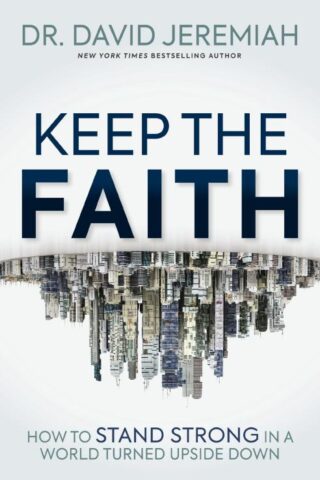 Keep The Faith
Keep The Faith
 Grace For The Moment For Moms
Grace For The Moment For Moms
 Prayers And Promises For Couples
Prayers And Promises For Couples
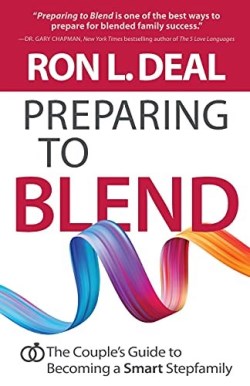 Preparing To Blend
Preparing To Blend
 Prayers To Share 100 Pass Along Notes For Joy
Prayers To Share 100 Pass Along Notes For Joy
 ACCU Gel Inductive Study Kit
ACCU Gel Inductive Study Kit
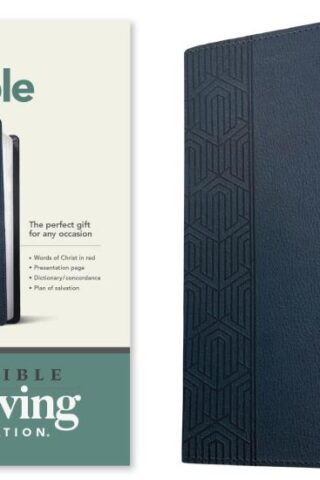 Premium Gift Bible
Premium Gift Bible
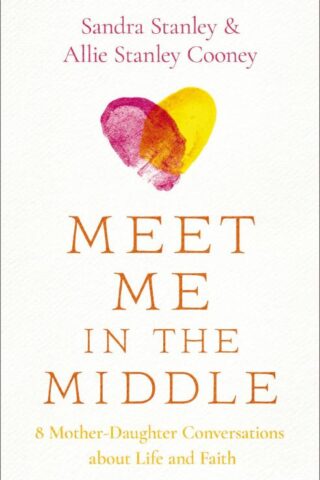 Meet Me In The Middle
Meet Me In The Middle
 4 Cross Spinner Psalm 23:4 (Size 12 Ring)
4 Cross Spinner Psalm 23:4 (Size 12 Ring)
 Adventure Bible Full Color
Adventure Bible Full Color
 Live In Grace Walk In Love
Live In Grace Walk In Love
 Journal The Word Bible For Teen Girls
Journal The Word Bible For Teen Girls
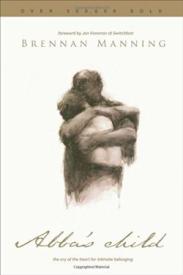 Abbas Child : The Cry Of The Heart For Intimate Belonging
Abbas Child : The Cry Of The Heart For Intimate Belonging
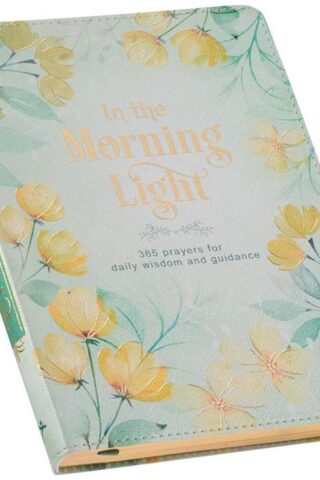 In The Morning Late
In The Morning Late
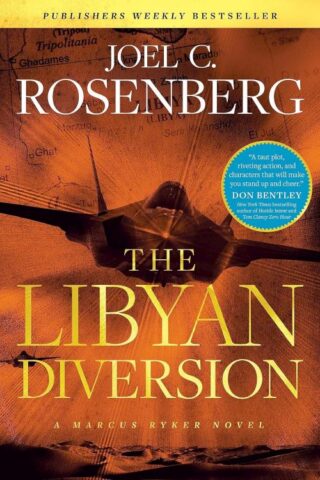 Libyan Diversion
Libyan Diversion
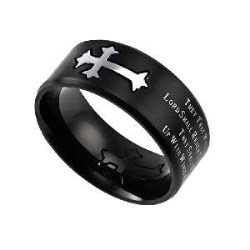 Neo Cross Band Strength (Size 8 Ring)
Neo Cross Band Strength (Size 8 Ring)
 Joy Challenge : Discover The Ancient Secret To Experiencing Worry-Defeating
Joy Challenge : Discover The Ancient Secret To Experiencing Worry-Defeating
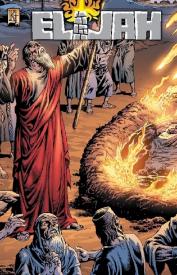 Elijah
Elijah
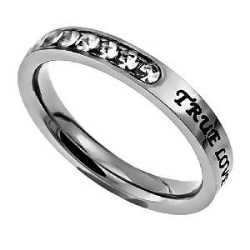 Princess Cut True Love Waits (Size 8 Ring)
Princess Cut True Love Waits (Size 8 Ring)
 Thank You Premium Note Cards
Thank You Premium Note Cards
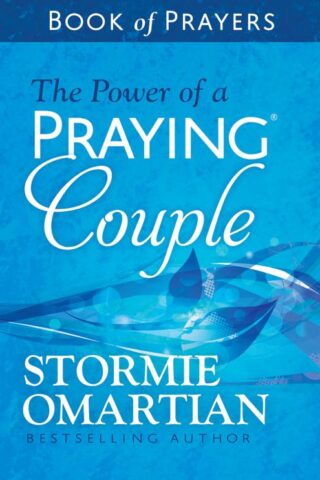 Power Of A Praying Couple Book Of Prayers
Power Of A Praying Couple Book Of Prayers
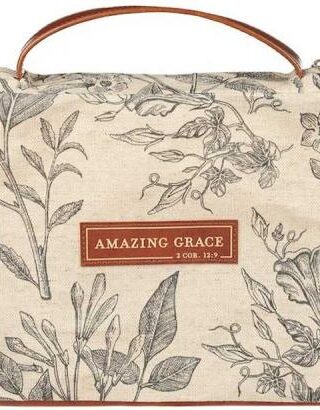 Amazing Grace Corinthians 12:9 Floral
Amazing Grace Corinthians 12:9 Floral
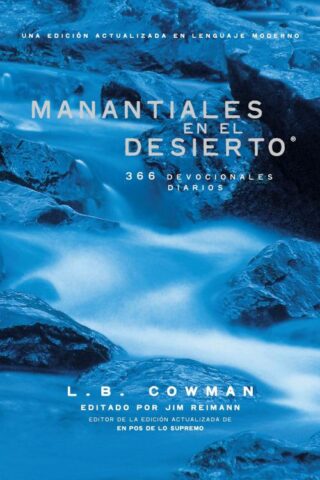 Manantiales En El Desierto Edi - (Spanish)
Manantiales En El Desierto Edi - (Spanish)
 Not What I Signed Up For
Not What I Signed Up For
 Blessed Stainless Steel Travel
Blessed Stainless Steel Travel
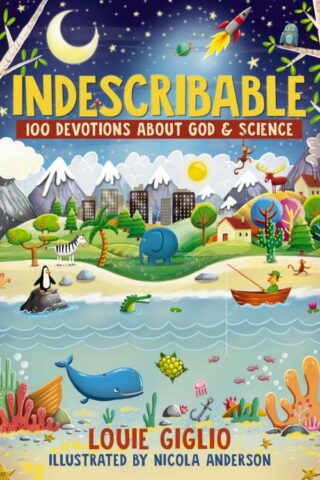 Indescribable : 100 Devotions For Kids About God And Science
Indescribable : 100 Devotions For Kids About God And Science
 Bible Dry Highlighter Pencil Refill 2pack
Bible Dry Highlighter Pencil Refill 2pack
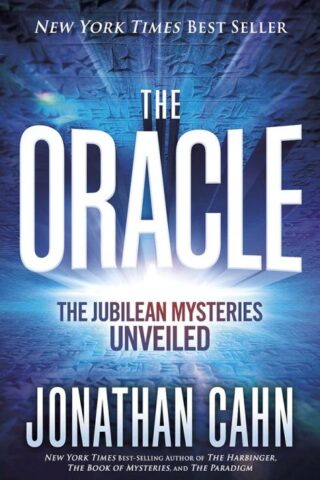 Oracle : The Jubilean Mysteries Unveiled
Oracle : The Jubilean Mysteries Unveiled
 Gods Promises For Graduates Class Of 2025 Gold NIV
Gods Promises For Graduates Class Of 2025 Gold NIV
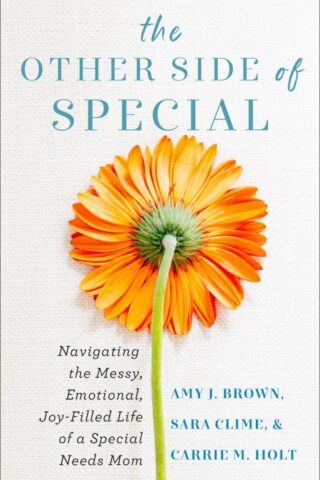

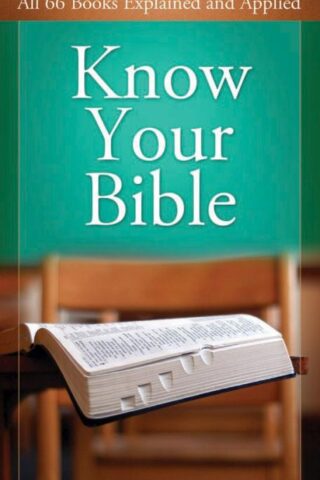

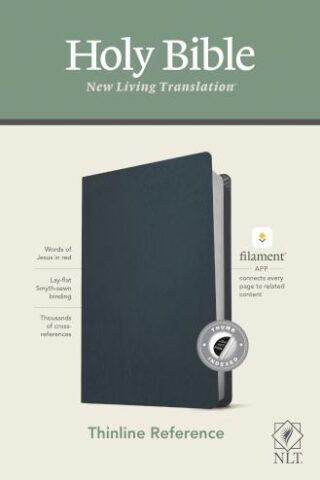
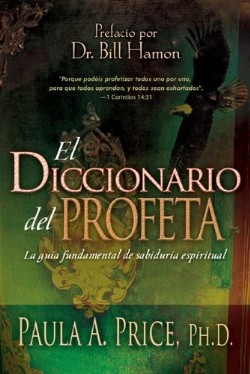
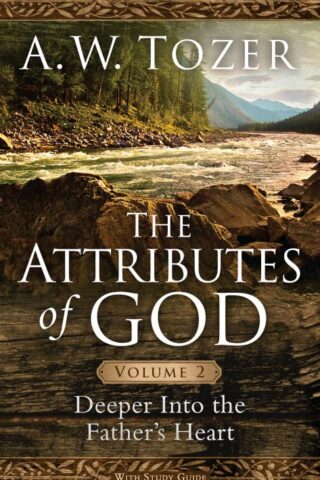
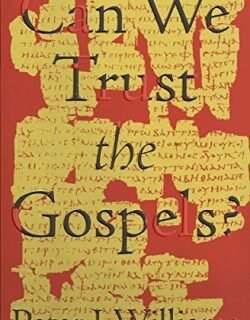
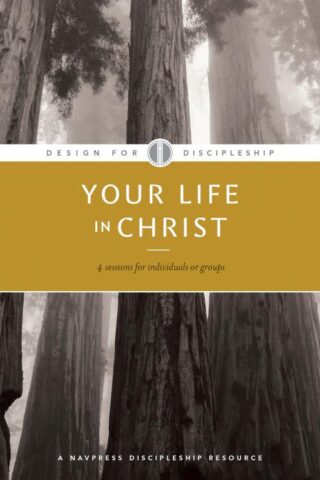
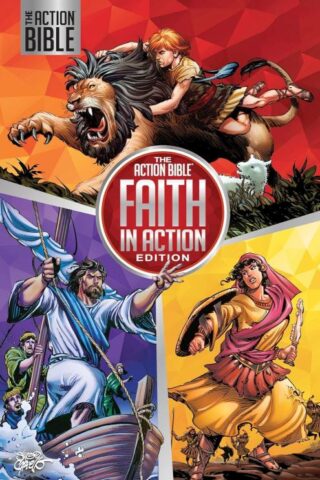
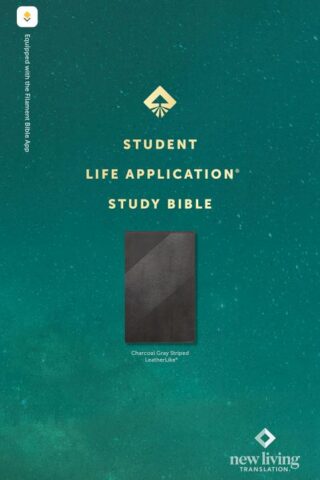

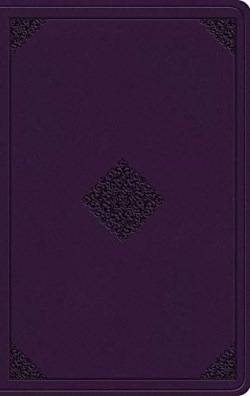
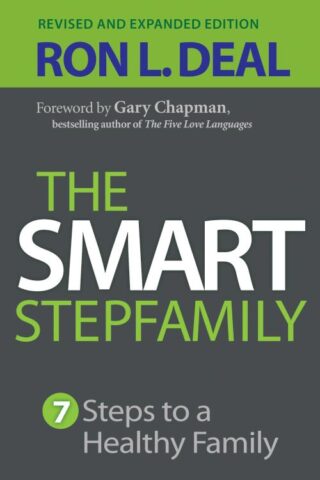
Reviews
There are no reviews yet.